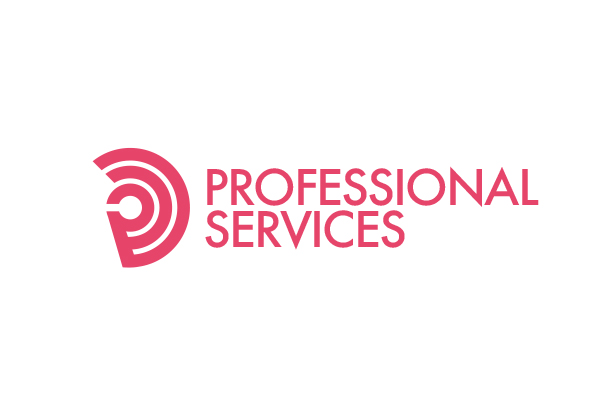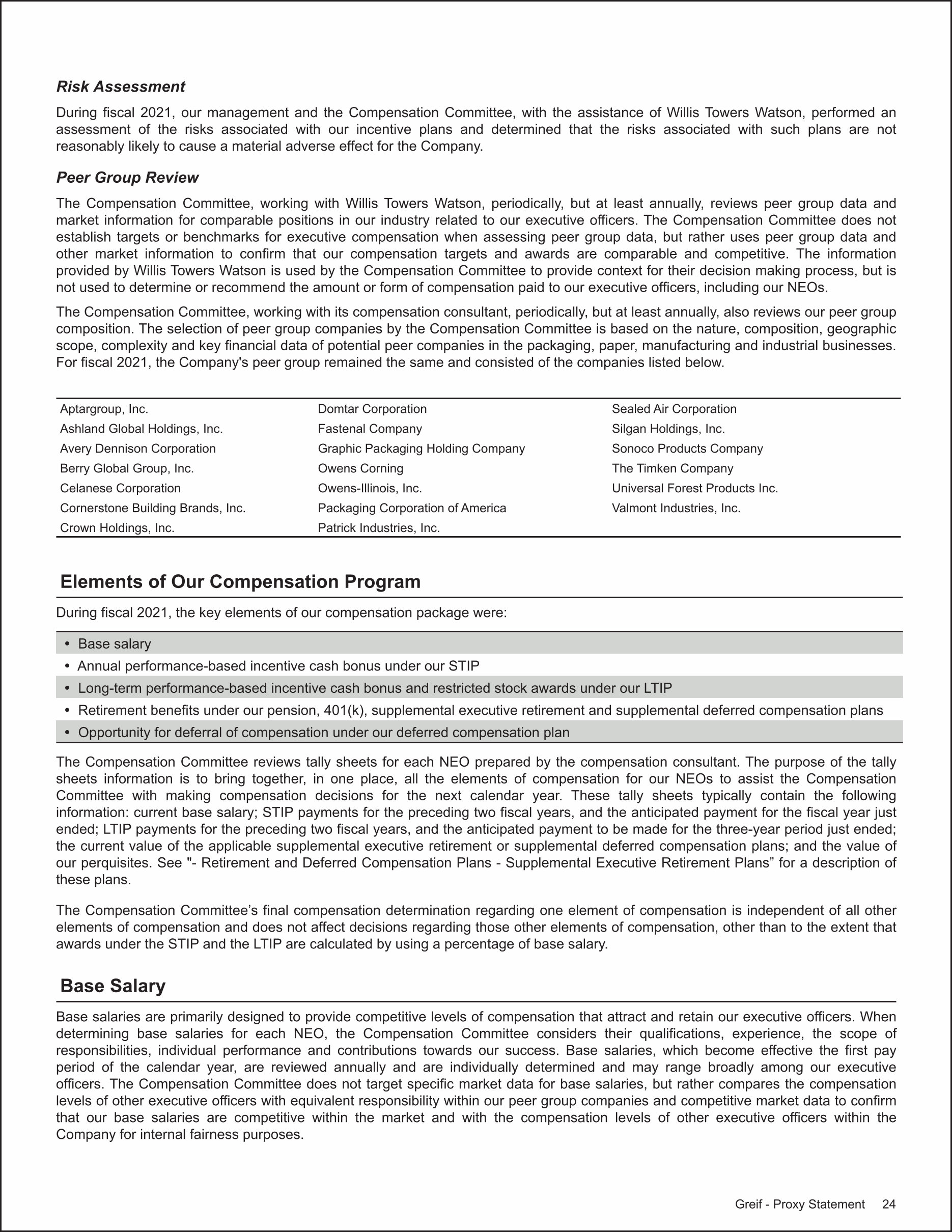
It's possible to compare starting salaries of different consulting companies if you're looking for a job in consulting. Sign-on bonuses, experience and perks all vary among firms. Salary ranges can also differ by firm. Continue reading to find out more. We've rounded up the most popular firms for consulting jobs and the salaries they offer. There are other factors to consider, too, such as the number of years of experience required. What are the most important factors to consider?
Consulting firms
The top tier consulting firms pay the highest salaries of all professionals. Most compensation packages include a basic pay, bonus, or pension contribution. Despite the high salaries, advancement is generally linear and pay is meritocratic. While top-tier firms provide the most benefits, they also have higher salaries. This article explores the salary scale of the top-tier firms, and provides tips for achieving the best consulting salary.
A top-tier consultancy firm's starting salary is between PS30,000 and PS60,000 (PS30 to 47k) and this can increase quickly. For example, a new graduate can expect to earn PS35,000 to PS42,000 within two to three years. This can be more attainable for young consultants working for boutique firms. In addition, smaller firms often offer greater financial rewards than larger corporations. For example, the starting salary for a consultant at a smaller firm can be as high as PS35,000, but the benefits are often much more attractive.

Salary ranges
A recent report on salaries of consultants has revealed some interesting statistics. Consultants in London are the highest paid, with an average annual salary of PS28.786. While consultants in other parts UK earn an average of PS5,229, they earn more. Scotland is, however, the least appealing part of the UK with consultants earning 88% of London's baseline salary. Although salary levels can vary from region to region, there are still significant gender differences. Consultants who are male earn more than those who are female.
While some consultants make upwards of $16k per month, others make less than $200 per month. While many consultants work part-time, they still strive for a higher salary. Below are the ranges of salaries for consultants from different specializations. This table will show you how much these consultants earn on a monthly basis. The average salary for consultants can help you determine if this is the right field for you.
Sign-on bonuses
Often, consulting firms offer sign-on bonuses to attract high-quality candidates. They not only want to retain the best talent but also want to recoup their costs for hiring new staff. Sign-on bonuses can help consultants secure a higher overall salary. Before agreeing to sign-on bonuses, consider the benefits and timeline of the project.
While the base salary is the largest component of total compensation at lower levels of employment, signing-on bonuses can be larger and even exceed it as a percentage of total remuneration. Sign-on bonuses allow consulting firms to compete for the best talent and determine the full income of each individual. The pay increases for consultants who are more experienced than those of college students aren't quite as substantial, but they can still be a factor in determining if a job is right for you.

Experience required
Experience is the most important aspect for entry-level professionals to get hired. Consultants in an entry-level position usually focus on solving client problems. They may then move up to a more senior role. Senior consultants may oversee projects for clients and receive bonuses equal to 20-30% of their base pay. Senior consultants can become project managers. They will manage client projects and make key decisions about junior consultants. Those with several years of experience are likely to be paid more than those without any relevant experience.
Senior business systems analysts can be highly valued and are highly paid. It is common for consultants with ERP experience to be paid higher than their lower-level counterparts. There are many factors that influence the salaries of consultants. These include the size of organizations, experience, certifications and graduate degree. Use the Robert Half Salary Calculator to help you estimate how much you could make as a consultant.
FAQ
How is consulting different from freelancing
Freelancers are individuals who work for themselves and offer their services to clients. They typically charge hourly rates based on time spent working on a client's project. Consultants are usually employed by companies or agencies. Consultants are typically paid either monthly or annually.
Consultants have less flexibility than freelancers because they can control their work hours, and set their own prices. Consultants have better benefits, like health insurance, vacation time, sick leave, retirement plans and etc.
Who hires consultants
Many organizations have consultants who help them with projects. This includes small businesses, large corporations and government agencies.
Some consultants work directly for these organizations, while others freelance. The hiring process will vary depending on the complexity and size of the project.
Many rounds of interviews are required when hiring consultants. Then, the final decision will be made about who you believe is best for the job.
What qualifications are necessary to become a consultant
It doesn't suffice to hold an MBA. You also need to be able and willing to work as a business advisor. At least two years experience in training and/or consulting for major companies is required.
You should have had experience working with senior management to create strategy. This would require you to be comfortable with presenting ideas and getting buy in from clients.
You'll also need to pass a professional qualification exam such as the Chartered Management Institute's Certified Management Consultant (CMC) certification.
How much should you charge to be a consultant?
It all depends upon what you offer. You don't have to charge anything if you provide services free of charge. You must charge for services or products if you want to sell them.
If you are offering low-quality services, you don't have much to sell. You are not worth anything, so why should anyone pay you anything.
You might be able ask for a more expensive price if your services are of high quality. People recognize the value in you offering. It is possible to offer discounts to clients who order multiple packages.
What can I anticipate from my consultant
Within a few days of selecting your consultant, you can expect to hear back. They will typically ask for information about the company, such as its mission, goals. products and services. budget. They will then send you a proposal that outlines the scope of work and estimates timeframe, fees, deliverables, milestones and other details.
If everything goes as planned, then both parties will agree to a written contractual agreement. The terms of the contract will depend on the type of relationship between the two parties (e.g., employer-employee, employer-independent contractor).
If all goes well, the consultant will start working immediately. The consultant will have full access to your files and resources. You'll also have access to their skills and knowledge.
Don't assume that someone who is a consultant knows everything. It takes practice, effort and practice in order to be an expert in any area you consult. Your consultant should not assume that they know everything about you business.
Statistics
- My 10 years of experience and 6-step program have helped over 20 clients boost their sales by an average of 33% in 6 months. (consultingsuccess.com)
- On average, your program increases the sales team's performance by 33%. (consultingsuccess.com)
- Over 62% of consultants were dissatisfied with their former jobs before starting their consulting business. (consultingsuccess.com)
- Over 50% of consultants get their first consulting client through a referral from their network. (consultingsuccess.com)
- According to IBISWorld, revenues in the consulting industry will exceed $261 billion in 2020. (nerdwallet.com)
External Links
How To
What does a typical day look like for a consultant?
Depending on what type of work you do, your typical day may vary. However, the majority of your day will consist of research and planning, meeting clients and preparing reports.
Meetings are a common way to discuss problems and issues with clients. These meetings can be done over the phone or via email.
Also, proposals are documents that outline your ideas or plans for clients. These proposals will be presented to clients by you and a mentor.
After all the preparation, you'll need to start creating content. You might be creating articles, videos, editing photos, writing interviews, or designing websites.
Depending on your project's scope, it may be necessary to do research to get relevant statistics. For example, you may need to find out how many customers you have and whether they are buying more than one product or service.
Once you have gathered enough information, it's time to present your findings to clients. Your findings can be presented orally or written.
After your initial consultation, you should follow up with your clients. For example, you could call your clients periodically to check how things are going. Or send them emails asking them to confirm they have received the proposal.
This is a long process that can take some time. However, it is crucial to stay focused and to maintain good relationships.